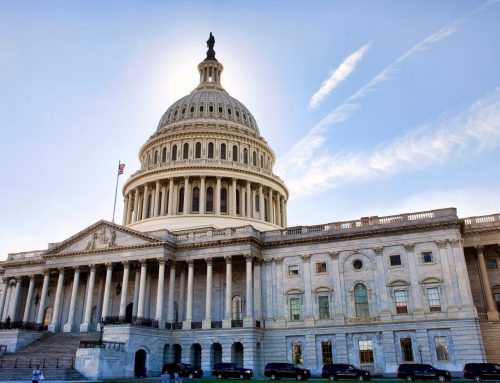The 2024 final rules under the Mental Health Parity and Addiction Equity Act (MHPAEA), issued by the U.S. Departments of Labor, Health and Human Services, and the Treasury, introduced significant changes to mental health and substance use disorder (MH/SUD) benefits. While these rules generally apply to group health plans for plan years beginning on or after January 1, 2025, certain provisions have been delayed.
The final rules included several important provisions but those noted below have been delayed:
- Meaningful Benefits Requirement: Plans must provide “meaningful benefits” for MH/SUD conditions in each benefit classification where medical/surgical benefits are provided. This means covering at least one “core treatment” for the condition in each applicable classification.
- Fiduciary Certification: For ERISA-covered plans, a named fiduciary must certify that they have reviewed and approved the NQTL comparative analysis, ensuring compliance with MHPAEA.
- Prohibition on Discriminatory Factors and Evidentiary Standards: These provisions will apply to plan years beginning on or after January 1, 2026.
- Relevant Data Evaluation Requirements: These requirements, related to the comparative analysis, will also apply to plan years beginning on or after January 1, 2026.
In response to a lawsuit brought in January by the ERISA Industry Committee, the U.S. Department of Justice announced Friday that it will stay enforcement of aspects of the Mental Health Parity Act and Equity Addiction Act final rule of 2024. The federal departments intend to issue a non-enforcement policy in the “near future” covering the portions of the rule that are applicable for plan years beginning on or after January 1, 2025, and January 1, 2026, and also intend to “reexamine the Departments’ current MHPAEA enforcement program more broadly.”
What has not been delayed at this time is the requirement to maintain a comparative analysis of NQTLs. This analysis is intended to demonstrate that any limitations on MH/SUD benefits are no more restrictive than those applied to medical/surgical benefits. In the meantime, the Departments have indicated that they are developing a sample comparative analysis to assist plans in demonstrating compliance. Employers may consider utilizing this resource once available to facilitate their compliance efforts.
Diversified Response:
With clarification of the 2024 rules and the continued requirement for a NQTL comparative analysis, Diversified Group is in the process of evaluating MHPAEA template documents and ascertaining its own NQTLs in order to prepare a template comparative analysis. Additionally, we are working with our vendors to obtain their NQTL comparative analysis on behalf of our clients. Once this has all been identified, we anticipate being able to supply a comparative analysis for clients and to undertake a plan review to detect NQTLs within the plan. We are working with the law firm of Reinhart Boerner Van Deuren to create an NQTL analysis program and process. There will be associated costs to this analysis, which we are still developing and will advise clients once finalized.
Please feel free to reach out with any questions pertaining to MHPAEA NQTL Comparative Analysis to our compliance team:
Dave Follansbee (dfollansbee@diversifiedgb.com) or
Amber Defond (adefond@diversifiedgb.com)







Leave A Comment